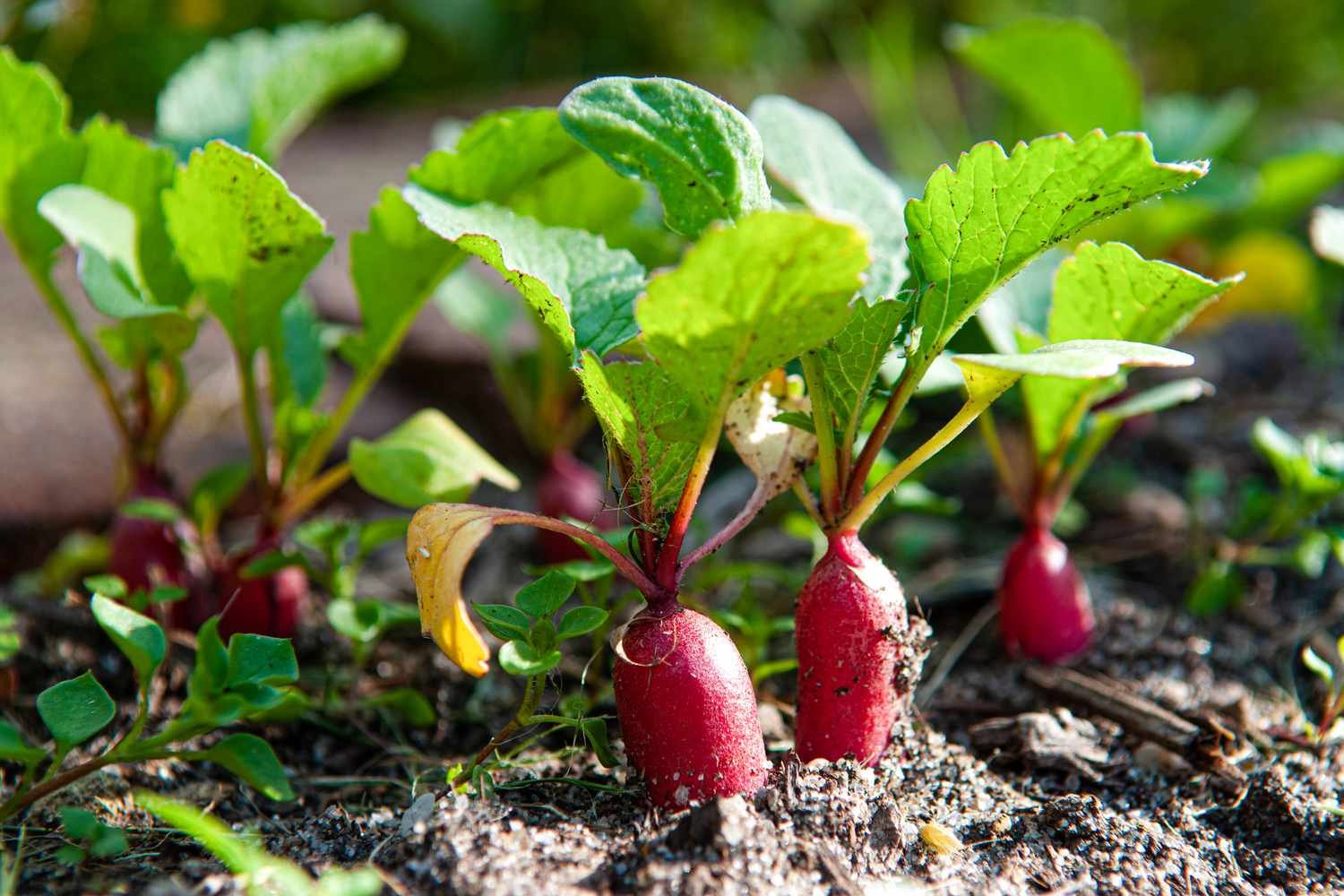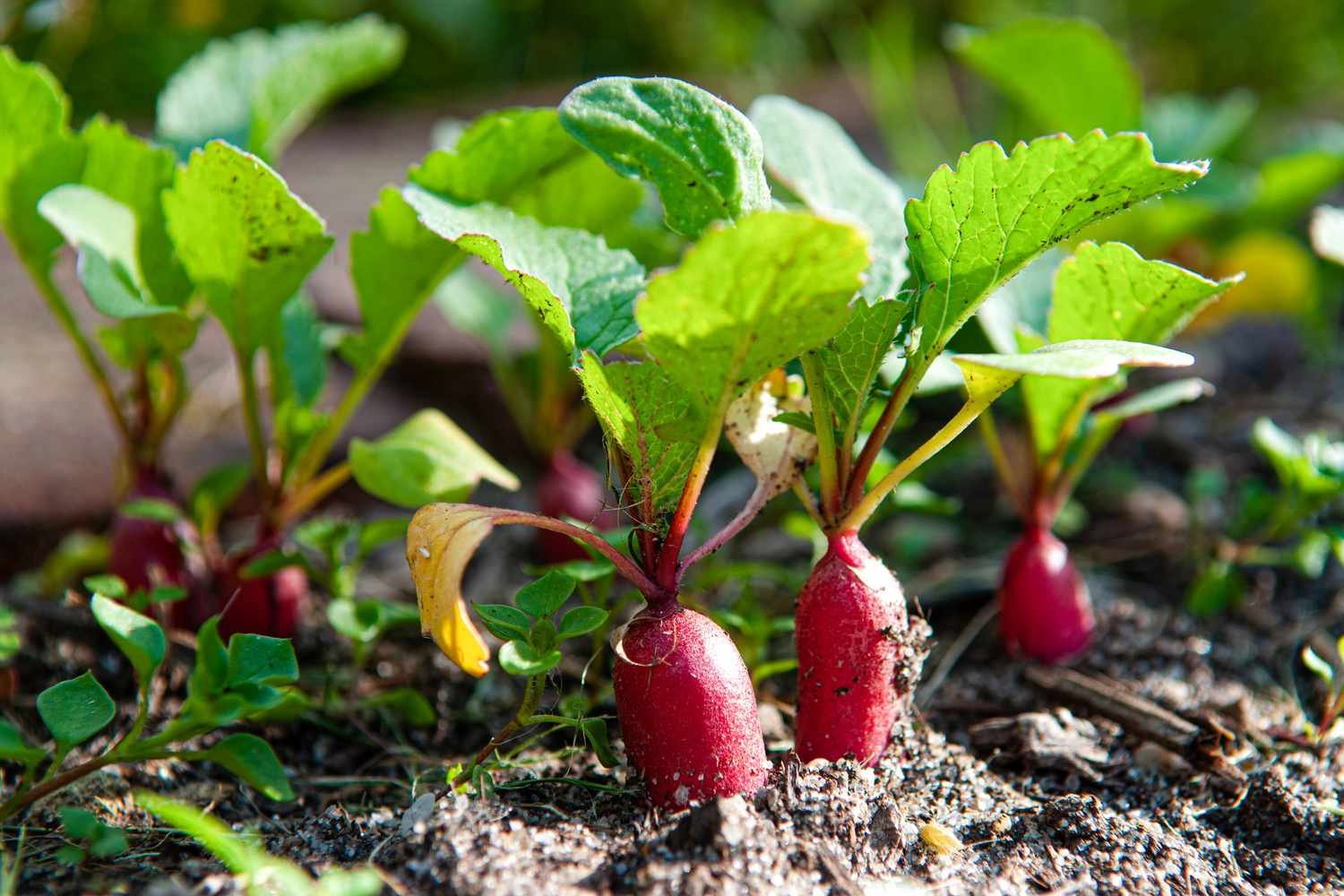Organic gardening is a wonderful way to grow healthy, delicious food while protecting the environment. By using the best organic gardening practices, you can create a thriving garden that is free from harmful chemicals and pesticides. In this article, we will explore the most effective organic gardening techniques, covering topics such as soil health, composting, natural pest control, and water conservation. Whether you are a beginner or an experienced gardener, these tips will help you create a sustainable and productive garden.

1. Building Healthy Soil
The foundation of any successful organic garden is healthy soil. Good soil structure and fertility are essential for plant growth. Here are some tips to improve your soil:
Add Organic Matter
Incorporate compost, aged manure, and other organic materials into your soil. This improves soil structure, enhances nutrient availability, and promotes healthy root growth.
Use Mulch
Mulching helps retain soil moisture, suppresses weeds, and adds organic matter as it decomposes. Use organic mulches such as straw, grass clippings, or leaves.
Practice Crop Rotation
Rotate your crops each season to prevent soil depletion and reduce the buildup of pests and diseases. This practice helps maintain soil fertility and health.
2. Composting
Composting is a key component of organic gardening. It recycles kitchen scraps and garden waste into valuable compost, which enriches your soil. Here’s how to get started:
Create a Compost Bin
Use a simple compost bin or pile to collect kitchen scraps like vegetable peelings, coffee grounds, and eggshells, along with garden waste like leaves and grass clippings.
Balance Green and Brown Materials
Aim for a mix of green materials (nitrogen-rich) and brown materials (carbon-rich). Green materials include kitchen scraps and fresh grass clippings, while brown materials include dry leaves and straw.
Turn Your Compost: Regularly turn your compost pile to aerate it and speed up the decomposition process. This helps create nutrient-rich compost faster.
3. Natural Pest Control
One of the best organic gardening practices is using natural methods to control pests. Avoiding chemical pesticides keeps your garden healthy and safe. Here are some effective strategies:
Encourage Beneficial Insects
Attract beneficial insects like ladybugs, lacewings, and predatory beetles that feed on pests. Planting flowers such as marigolds, daisies, and yarrows can help attract these helpful insects.
Use Companion Planting
Certain plants repel pests or attract beneficial insects. For example, planting basil near tomatoes can repel tomato hornworms, while marigolds can deter nematodes.
Handpick pests
Regularly inspect your plants and manually remove pests like aphids, caterpillars, and beetles. This is an effective and chemical-free way to manage pest populations.
4. Water Conservation
Water is a precious resource, and conserving it is an important part of organic gardening. Here are some tips to reduce water usage while keeping your garden healthy:
Water Early or Late
Water your garden in the early morning or late evening to reduce evaporation and ensure that plants absorb more water.
Use Drip Irrigation
Drip irrigation systems deliver water directly to the plant roots, minimizing water waste. This method is more efficient than overhead watering.
Collect Rainwater
Use rain barrels to collect and store rainwater. This free resource can be used to water your garden during dry periods.
5. Organic Fertilizers
Feeding your plants with organic fertilizers is crucial for their growth and health. Here are some natural options:
Compost Tea
Brew a nutrient-rich liquid by steeping compost in water. Use this tea to water your plants, providing them with essential nutrients.
Fish Emulsion
This liquid fertilizer, made from fish waste, is rich in nitrogen and other nutrients. It promotes strong plant growth and is easy to apply.
Bone Meal and Blood Meal
These organic fertilizers provide essential nutrients like phosphorus and nitrogen. They are especially beneficial for root and leaf development.
6. Plant Diversity
Diversity in your garden helps create a balanced ecosystem. Here’s how to achieve it:
Grow a Variety of Plants
Plant a mix of vegetables, herbs, flowers, and fruits. This attracts a range of beneficial insects and reduces the risk of pest outbreaks.
Intercrop
Grow different crops together in the same space. This can improve soil health and reduce pest problems. For example, planting beans with corn can enhance soil nitrogen levels.
Plant Perennials
Include perennial plants in your garden. They provide continuous cover and habitat for beneficial insects and soil organisms.
Conclusion
Organic gardening is a rewarding and sustainable way to grow your food and beautify your space. By following the best organic gardening practices, you can create a thriving garden that benefits both you and the environment. From building healthy soil and composting to natural pest control and water conservation, these techniques are easy to implement and highly effective. Start incorporating these practices into your garden today, and enjoy the many benefits of organic gardening.










